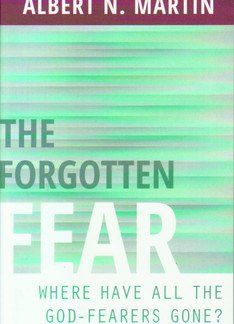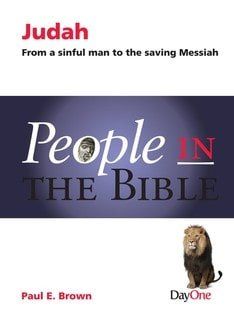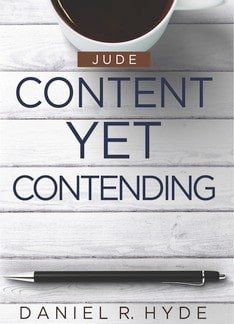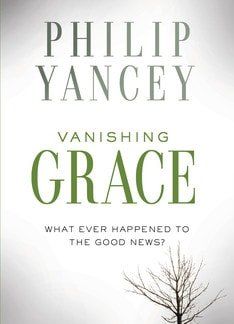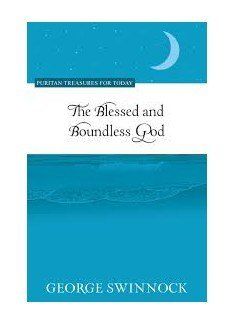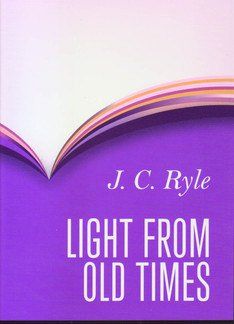This is a much-needed book on a largely neglected subject. It is divided into seven chapters, with questions to ponder at the end of each.
In the first chapter, the author shows that fear of God is not an outdated, Old Testament concept, but something found throughout the Scriptures. It includes a brief review of the relevant passages that show the fear of God is an essential attribute of spiritual Christianity.
In the second chapter, Martin defines the fear of God. He distinguishes between dread of God and respect and awe of him, using some telling illustrations to help our understanding. In this chapter he usefully points out how social media and entertainment are used by people to shut out thoughts of God and insulate people from fearing him.
In other chapters, he covers the ingredients of the fear of God, the source of the fear of God, how the fear of God affects our conduct, and how to maintain our fear of God. Each section is broken down into useful subheadings, with many scriptural examples.
He deals with views that are sometimes advanced to support the idea that the fear of God is not for the Christian, showing the error of such thinking. He addresses the argument that some would advance from 1 John 4:18 (‘There is no fear in love; but perfect love casts out fear, because fear involves torment. But he who fears has not been made perfect in love’), showing it to be a misunderstanding of the fear of God.
There is an excellent section on the relationship between the fear of God and worship, which is relevant to today’s churches. Another section deals with the false views of fear taught by both the Roman Catholic church and modern, easy-believism evangelists.
The Roman Catholic church withholds full and free pardon, thinking that people will be careless with their lives and need to be frightened they may not be forgiven. At the other end of the spectrum, easy-believism evangelists offer pardon without any real conviction of sin, simply by praying ‘the sinner’s prayer’ or making ‘a decision for Christ’.
A feature of this book is its helpful illustrations and many points of application. It would also be challenging for any unconverted readers who read it.
This is an excellent book and I thoroughly recommend it. It is a shame to have to point out a few concerns. On pages 82-83, the author appears to suggest that Christ died without any sense of his Father’s presence, something with which many people would disagree. On page 93, he also seems to suggest that Old Testament saints did not experience true spiritual fear of God, even though he demonstrates the opposite throughout the book.
Perhaps some rewording of these sections might be in order, but these are minor blemishes on a good and much needed book.
Geoff Cox
Birmingham

